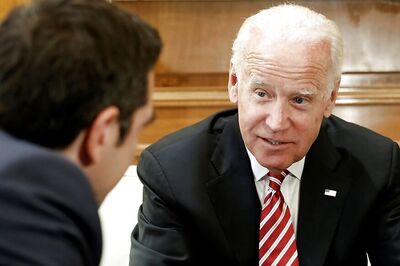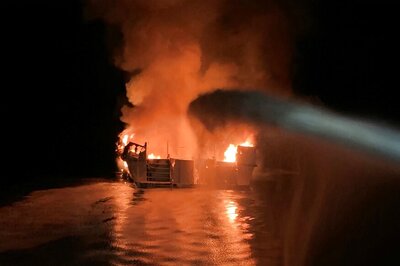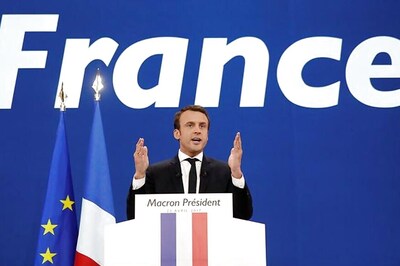
views
Chicago: Tahawwur Hussain Rana was unaware of the terror activities of Mumbai-attack accused David Headley and had provided cover and funds to him unknowingly, a recently unsealed document reveal.
The documents which were ordered to be unsealed by Judge Harry Leinenweber on July 19 at the request of Chicago Tribune newspaper reveal that Headley had explicitly told the agents that Rana was not aware of his activities and he did not knowingly allow him to use his business as cover.
It contradicts the affidavit filed in trial of Headley's statements regarding Rana that he knowingly provided cover and funds in support of terrorism.
Moreover, Headley also gave explanation for Rana procuring airline tickets for him as 'Rana was simply repaying a loan'.
A lack of knowledge regarding Headley's true activities and a non-terrorism reason for Rana paying for airline tickets undercuts the only tangible elements that would link the Rana to either providing or conspiring to provide material support to terrorism.
Headley's exculpatory statements regarding Rana cut against the government's case for probable cause in two significant ways.
First, the statements provide straightforward evidence indicating that there was not probable cause to search Rana's home and businesses.
According to Headley, Rana was innocent. Second, assuming the government did not believe Headley's statement about Rana, the statements undercut all of his other statements that were used to support probable cause, the documents state.
The omission of the exculpatory statements altogether avoids the obvious awkward situation, asking the magistrate to credit and discredit Headley's statements all at the same time.
The US Constitution protects an individual's home from government intrusion without a valid warrant.
Unreasonable government intrusion into the home is the chief evil against which the wording of the Fourth Amendment is directed.
To satisfy the Fourth Amendment, a magistrate must determine that there is a "fair probability that... evidence of a crime will be found in a particular place."
In order to make such a determination, "sufficient information must be presented to the magistrate to allow that official to determine probable cause."
Where probable cause for a warrant has been determined based on a facially sufficient affidavit, the permissibility of the underlying search is generally accorded great deference during subsequent judicial review.
A search and the admission of the underlying evidence are, nevertheless, challengeable on the grounds that the affidavit in support of the warrant includes deliberate or reckless falsehoods.
Specifically, "where the defendant makes a substantial preliminary showing that a false statement knowingly and intentionally, or with reckless disregard for the truth, was included by the affiant in the warrant affidavit, and if the allegedly false statement is necessary to the finding of probable cause," the warrant is without effect and the evidence seized in violation of the Fourth Amendment, the documents added.




















Comments
0 comment